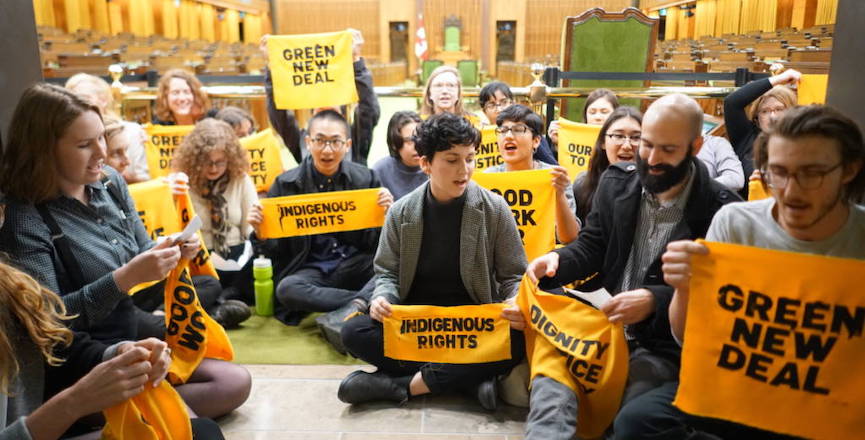Justin Trudeau’s re-election has unleashed political outrage in Alberta and Saskatchewan. Alberta Premier Jason Kenney is talking about Alberta’s being “betrayed” while Saskatchewan Premier Scott Moe sent a letter to Trudeau demanding the cancellaiton of the federal carbon tax, support for various pipelines, and a renegotiation of the formula for equalization payments.
I’ll withhold detailed comment on equalization payments, other than to say that for many years, Saskatchewan was a “have-not” province that relied heavily upon them. But let’s look more closely at Moe’s letter as it relates to the carbon tax and pipelines. Moe’s strident demands are likely based upon the election results in Saskatchewan and Alberta, where the Conservatives won 47 of 48 seats. On the other hand, parties supporting a carbon levy won almost two-thirds of the seats and popular vote across Canada.
It is significant, too, that the results in Alberta and Saskatchewan were not monolithic. In Alberta, 28 per cent of those casting ballots voted for the Liberals, NDP or Greens, and these parties all support a carbon tax. In Saskatchewan, 34 per cent of the electors voted for those three parties. If we had purely proportional representation rather than our flawed first-past-the-post electoral system, parties other than the Conservatives would have 10 seats in Alberta and five in Saskatchewan. So Kenney and Moe cannot say that they are speaking on behalf of all their constituents.
Carbon tax haters are delayers and deniers
Kenney, Moe and others constantly repeat the mantra that the carbon tax will be a “job killer” and according to Doug Ford will lead to a recession. But these claims have been challenged. In a February, three independent experts, including the highly respected Don Drummond, concluded: “Economists are virtually unanimous in the view that carbon pricing reduces greenhouse gas emissions at the lowest possible cost to the economy.” British Columbia, Quebec and California are all using some form of carbon tax and their economies are humming along.
If Moe and others are opposed to a carbon tax, what is their suggestion, if any, for a means to reduce greenhouse gas emissions? There’s the rub. While Moe, Kenney, Ford and Andrew Scheer rail against the carbon tax, or demand that various pipelines be built, they usually avoid any mention of the climate crisis.
The Intergovernmental Panel on Climate Change (IPCC), which includes the world’s best climate scientists, has been issuing reports for years. The IPCC reports of late are increasingly urgent in tone. The IPCC now says that global carbon dioxide emissions will have to fall by 45 per cent in 2030, and to reach a net of zero by 2050 to avoid catastrophic damage.
The Trudeau government — implausibly, many suggest — has promised that it is on course to meet those targets and that a carbon tax is the rightful centerpiece of that effort. Ottawa believes the tax will encourage a market shift away from fossil fuels toward renewable sources of energy.
The strategy of the tax’s opponents has shifted from denying the reality of climate change, which is no longer credible, to tactics of delay. During the election campaign, Conservatives said they would require large polluters to pay into a research and development fund for green technology. That plan appeared suspiciously akin to what was being proposed by the Canadian Association of Petroleum Producers, the oil industry’s main lobby, which has a close relationship with Andrew Scheer. Tellingly, the proposal contained no associated targets or timetables for reducing emissions, and was described by one analyst as simply “a plan to expand fossil fuel production.”
Support on the street
While premiers Moe and Kenney attempt to delay, there is growing support on the street for climate action. On September 27, hundreds of thousands of people — 500,000 in Montreal alone — marched in climate strikes that took place in 200 Canadian cities and towns. Many of the organizers were youth, and they were participating in a global day of action to demand that our political leaders do more to confront the climate crisis. These youth organizers are looking to the future. Premiers Moe and Kenney are staring into the rear-view mirror.
Dennis Gruending is an Ottawa-based author and a former member of Parliament. His latest book is Speeches That Changed Canada.
Image: Spence Mann



